Logical Time for Reactive Software
Author(s): Lohstroh, Marten and Lee, Edward A. and Edwards, Stephen A. and Broman, David
Abstract
Timing is an essential feature of reactive software. It is not just a performance metric, but rather forms a core part of the semantics of programs. This paper argues for a notion of logical time that serves as an engineering model to complement a notion of physical time, which models the physical passage of time. Programming models that embrace logical time can provide deterministic concurrency, better analyzability, and practical realizations of timing-sensitive applications. We give definitions for physical and logical time and review some languages and formalisms that embrace logical time.
Citation Formats
-
APA
Lohstroh, Marten and Lee, Edward A. and Edwards, Stephen A. and Broman, David. (2023). Logical Time for Reactive Software. In Workshop on Time-Centric Reactive Systems (TCRS), CPS-IoT Week Workshops, San Antonio, TX, USA. doi:10.1145/3576914.3587494. -
MLA
Lohstroh, Marten and Lee, Edward A. and Edwards, Stephen A. and Broman, David. "Logical Time for Reactive Software." Workshop on Time-Centric Reactive Systems (TCRS), CPS-IoT Week Workshops, San Antonio, TX, USA, 2023. doi:10.1145/3576914.3587494. -
Chicago
Lohstroh, Marten and Lee, Edward A. and Edwards, Stephen A. and Broman, David. "Logical Time for Reactive Software." Workshop on Time-Centric Reactive Systems (TCRS), CPS-IoT Week Workshops, San Antonio, TX, USA, 2023. doi:10.1145/3576914.3587494. -
BibTeX
@inproceedings{LohstrohEtAl:23:Time, author = {Lohstroh, Marten and Lee, Edward A. and Edwards, Stephen A. and Broman, David}, title = {Logical Time for Reactive Software},
booktitle = {Workshop on Time-Centric Reactive Systems (TCRS), CPS-IoT Week Workshops, San Antonio, TX, USA},
month = {May 9},
year = {2023},
doi = {10.1145/3576914.3587494},
abstract = {Timing is an essential feature of reactive software. It is not just a performance metric, but rather forms a core part of the semantics of programs. This paper argues for a notion of logical time that serves as an engineering model to complement a notion of physical time, which models the physical passage of time. Programming models that embrace logical time can provide deterministic concurrency, better analyzability, and practical realizations of timing-sensitive applications. We give definitions for physical and logical time and review some languages and formalisms that embrace logical time.},
URL = {https://doi.org/10.1145/3576914.3587494}}

